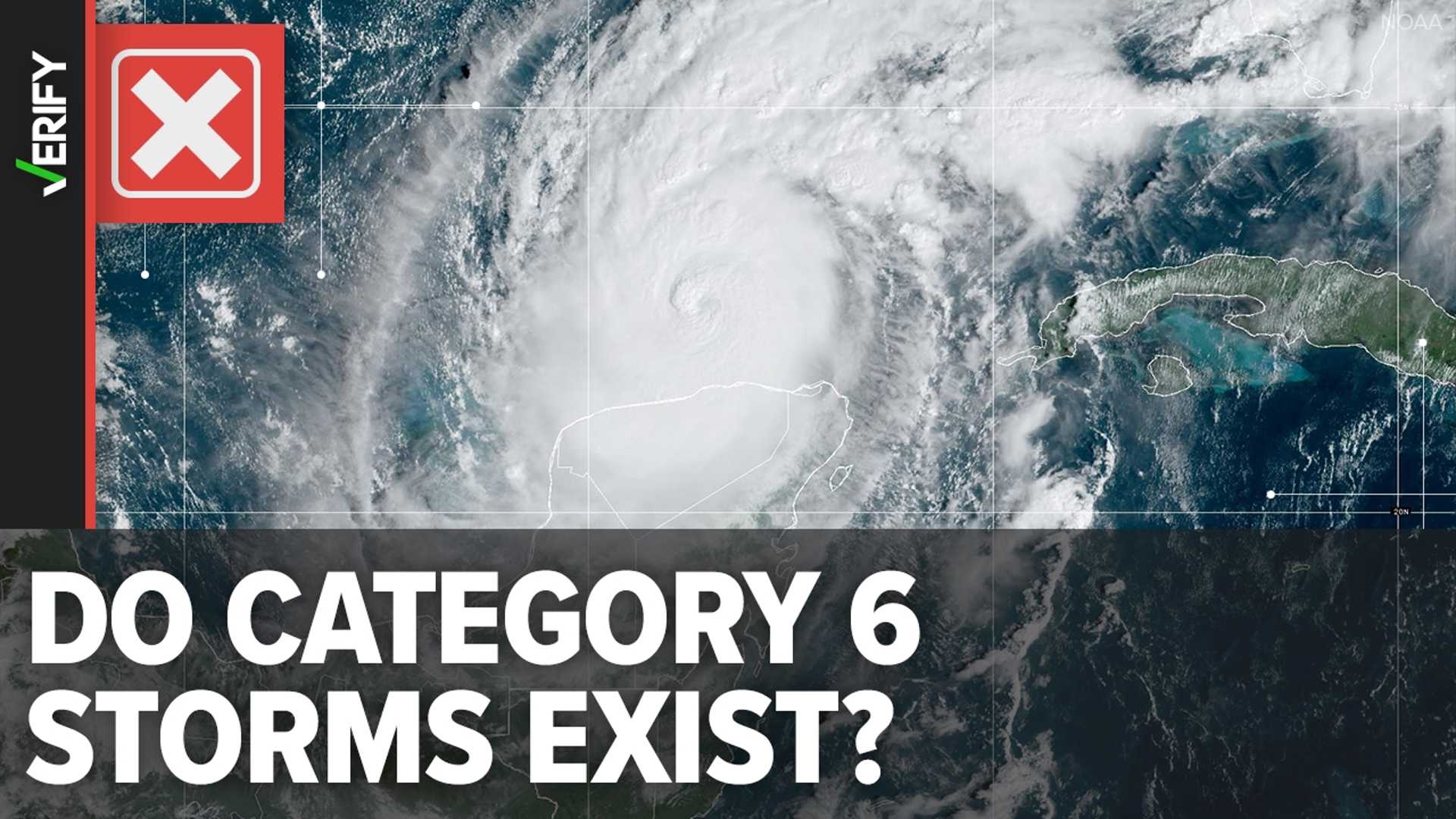News
Misinformation Surrounding Hurricane Milton: Separating Fact from Fiction

False claims suggesting that Hurricane Milton was “engineered” and that weather in Florida is being “manipulated” have been proliferating on social media platforms. There is no technology capable of creating and controlling hurricanes. However, posts alleging without evidence that the US government is managing the weather have amassed millions of views on platforms such as X and TikTok.
These assertions have been predominantly shared by accounts with a history of spreading conspiracy theories and misinformation, notably related to Covid-19 and vaccines. These individuals are promoting the baseless belief that Hurricane Milton, which was one of the most powerful storms in recent US history, was intentionally created by covert forces within the US political system.
Various explanations were proposed by these actors as to how such weather manipulation could be achieved. One theory suggests that techniques like cloud seeding are responsible. While cloud seeding seeks to increase rainfall in dry climates, the US Southeast had already faced significant rainfall from Hurricane Helene just two weeks prior.
Jill Trepanier, a Louisiana State University expert in extreme weather phenomena, explains, “When we cloud seed, it is because we do not have enough aerosols or water vapor within the atmosphere to see condensation occur, so we try and force it through cloud seeding. Over the western Gulf of Mexico and the Bay of Campeche, that is not a problem. The Earth will make a hurricane all on its own.”
Another theory blamed “geoengineering,” a broad term for methods aimed at manipulating the environment to mitigate climate change impacts. However, current technology does not allow for the creation or control of hurricanes, according to Suzana Camargo from the Lamont-Doherty Earth Observatory at Columbia University.
Hurricanes are naturally occurring weather systems, typically originating as a tropical wave—a low-pressure area where thunderstorms form. As warm, moist air rises from the tropical Atlantic Ocean, the system begins to spin and can develop into a hurricane with the right conditions.
Social media users wrongly suggest that such hurricanes are intentionally created for reasons like influencing the upcoming presidential election. These claims are unfounded. However, a link exists between human activity and the increasing intensity of hurricanes due to climate change.
Climate change, driven by human activity and the emission of greenhouse gases, is not believed to increase the frequency of tropical storms. Nonetheless, warmer seas allow these storms to harness more energy, making severe hurricanes more probable.
Hurricane Milton rapidly intensified as it traversed the Gulf of Mexico, where sea temperatures were about 1-2°C warmer than usual. The National Hurricane Center reported that wind speeds, which escalated notably in a short span, were misinterpreted by some as “evidence” of man-made intervention. Assistant professor Andra Garner of Rowan University notes these developments align with trends of intensifying hurricanes in a warming world.
Similarly, scientists highlight that Hurricane Helene also rapidly intensified in the Gulf of Mexico. A recent study suggests human-caused warming significantly increased this likelihood. According to the World Weather Attribution group, Helene’s destructiveness was substantially amplified by climate change.
Beyond stronger winds, climate change affects other hurricane hazards. A warmer atmosphere can hold more moisture, enhancing rainfall intensity. Additionally, rising global sea levels heighten the risk of storm surge-induced coastal flooding. In Florida, average sea levels have risen, increasing the susceptibility to flooding during these intense weather events.
Despite conspiracy theories mislabeling these warnings as “scaremongering,” scientific evidence supports the increasing intensity and potential impact of hurricanes in a warming world.












